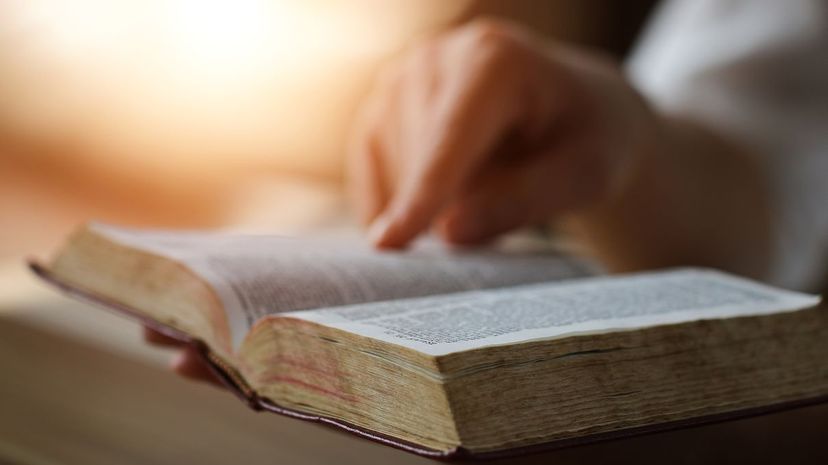
About This Quiz
Gain superb holy insight from this Old Testament Psalms quiz! Does "The Lord is my shepherd; I shall not want." sound familiar to you? If so, take your Psalms book knowledge to the next level and learn comforting poetic verses from celebrated psalmists like David and Solomon.
The book of Psalms is the third section of the Old Testament and the 19th book of the Bible. The book's verses were written to accompany music. Psalms are songs that recycle several basic themes, such as praise, lament, hope and trust in God. In addition to David and Solomon, sons of Korah authored many of the chapters you'll see in this quiz. David is the most prominent author in the book. His psalms resonate a biographical tone, as he confesses sentiments pertaining to trials, joys and concerns he experienced before and during his reign as king.Â
You'll notice that some of the psalms we've gathered share words with other scriptures from Old and New Testaments. For example, Jesus refers directly to David as psalmist in three of the New Testament gospels. The Genesis creation theme makes an appearance in Psalms, and look out for mirroring from Deuteronomy and Numbers Old Testament verses.
Broaden your spiritual scope with the lyrical verses that only the Bible can gift. Sing, speak and scroll along with our pick of inspirational psalms!
Advertisement
Advertisement
Advertisement
Advertisement
Advertisement
Advertisement
Advertisement
Advertisement
Advertisement
Advertisement
Advertisement